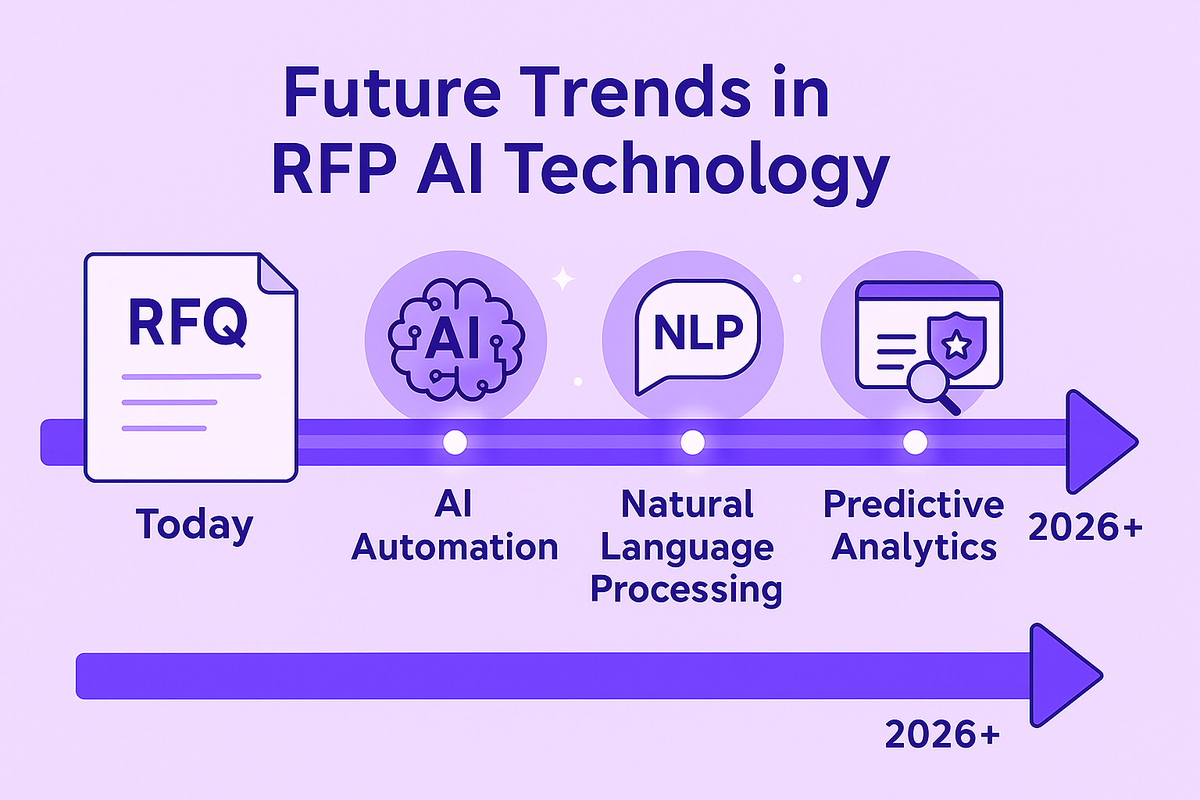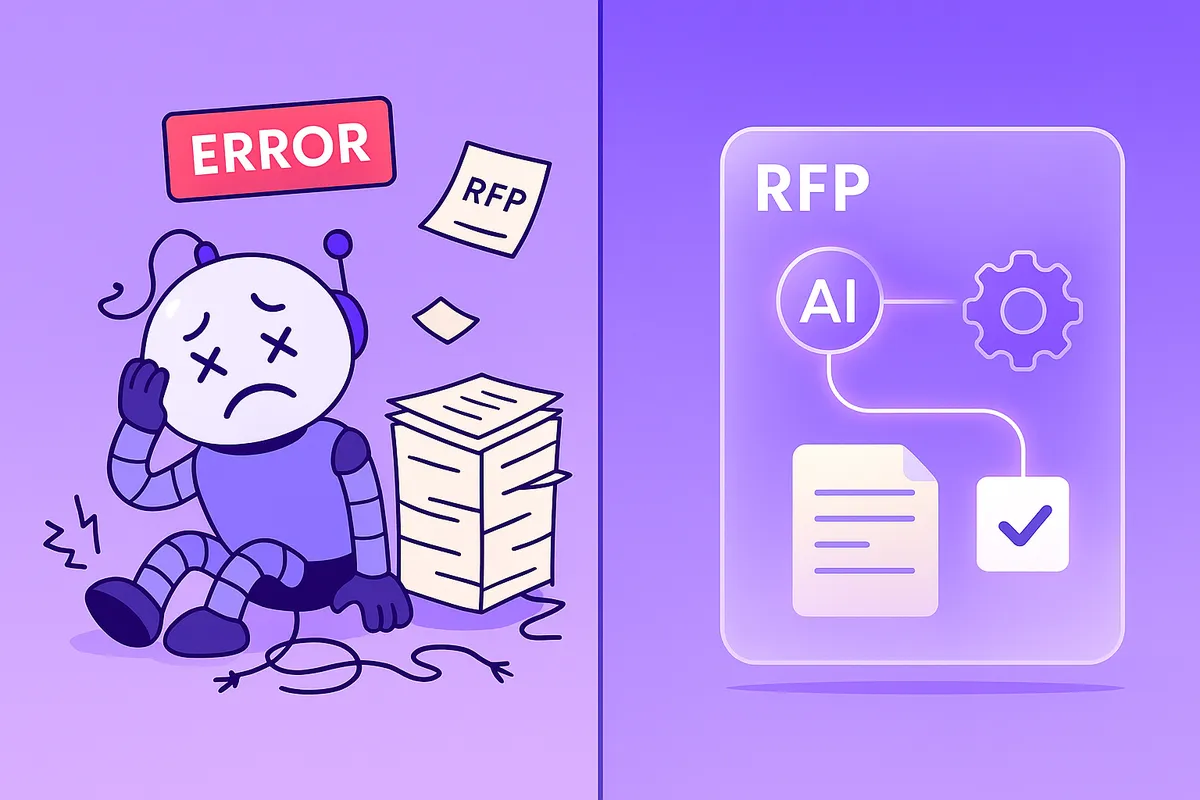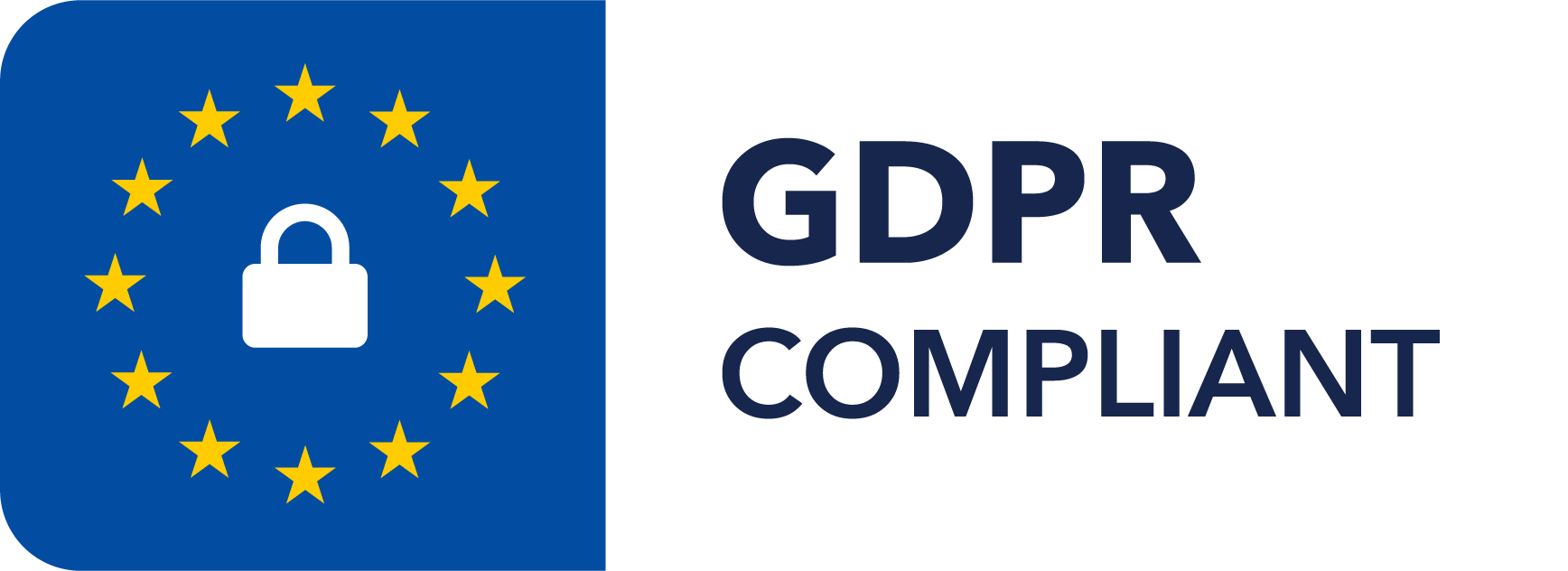AI or Content Libraries: What Works Best Today?
May 5, 2025
By
Evie Secilmis

Content Libraries vs. AI for RFPs and Security Questionnaires: Why It’s Time to Evolve
If your team is using a content library to complete security questionnaires or RFPs, you’re in good company. Content libraries have been a cornerstone of pre-sales and compliance operations for years. They help organizations centralize knowledge, reduce duplication of effort, and maintain consistency across teams and workflows.
But as buyer expectations shift—faster response cycles, more complex requests, and stricter compliance requirements—the cracks in the system are starting to show. For many teams, traditional content libraries are no longer enough on their own.
In this article, we’ll explore:
- Where content libraries shine
- Where they fall short
- How AI-powered RFP response software can elevate your process
- Why making this shift now gives teams a competitive edge
Where Content Libraries Shine
The idea behind a content library is simple and powerful: save your best answers once, reuse them whenever possible.
When maintained properly, a content library provides:
- A centralized source of truth across sales, security, and compliance teams
- Consistency in tone and accuracy, ensuring responses align with brand and regulatory standards
- Faster turnaround for frequently asked questions by avoiding the need to reinvent answers
Content libraries also serve as a valuable training tool. New team members can learn how the company positions itself, what language resonates with buyers, and how compliance is handled.
Where Content Libraries Struggle
As companies grow, so does the volume of content in their libraries. Without rigorous upkeep, libraries can quickly become:
- Bloated with outdated or redundant answers
- Fragmented across teams or departments
- Generic when over-relied on for copy-paste responses
When deadlines are tight, teams often grab what’s available—even if it’s not a perfect fit. That leads to answers that feel cookie-cutter or slightly off from the ask.
It’s not that anyone is cutting corners—the problem is that traditional content libraries weren’t designed to learn or adapt in real time.
A Smarter, More Adaptive Alternative
This is where AI-driven RFP response software comes in—not to replace content libraries entirely, but to make them smarter.
One client summed it up this way:
“With Iris, we don’t have to constantly update a static library. It gets smarter with every RFP we complete.”
Rather than relying on static content, deterministic AI generates dynamic, context-aware responses based on:
- The specific question being asked
- Who is asking (the buyer’s role, company, or industry)
- The nuances of the opportunity at hand
Unlike generic AI tools, Iris doesn’t hallucinate or guess. Every response is built from your company’s approved content, language, tone, and compliance standards—then tailored in real time.
The result? Personalized, accurate answers without the manual effort of sifting through hundreds (or thousands) of library entries.
Not a Replacement—An Evolution
To be clear: content libraries aren’t obsolete. They’re still valuable for:
- Preserving institutional knowledge
- Training new hires
- Acting as a backup source of truth
But treating them as your primary response engine creates friction—especially when buyers expect speed, accuracy, and personalization.
AI-powered tools bring the best of both worlds:
- Consistency across departments (sales, legal, security, procurement)
- Personalization for each unique request
- Efficiency that frees your team to focus on strategy, not manual edits
Why This Matters More Than Ever
RFPs, security questionnaires, and due diligence forms aren’t slowing down. If anything, they’re becoming:
- More frequent, as compliance scrutiny grows
- More detailed, with complex technical and regulatory requirements
- More critical to revenue, since they’re often the deciding factor in closing deals
The companies that win are the ones who respond faster, with more precision and personalization—without sacrificing compliance or trust.
This isn’t about replacing your current workflow. It’s about elevating it with AI.
Because better tools don’t just improve internal efficiency—they create better buyer experiences. And better experiences close more deals.
Key Takeaways
- Content libraries still have value, but they’re limited without adaptive technology.
- AI for RFPs and security questionnaires reduces manual effort while improving accuracy.
- Teams can maintain consistency and personalization simultaneously.
- Early adopters of AI-powered tools will have a competitive advantage in faster, smarter deal cycles.
Share this post
Link copied!




















